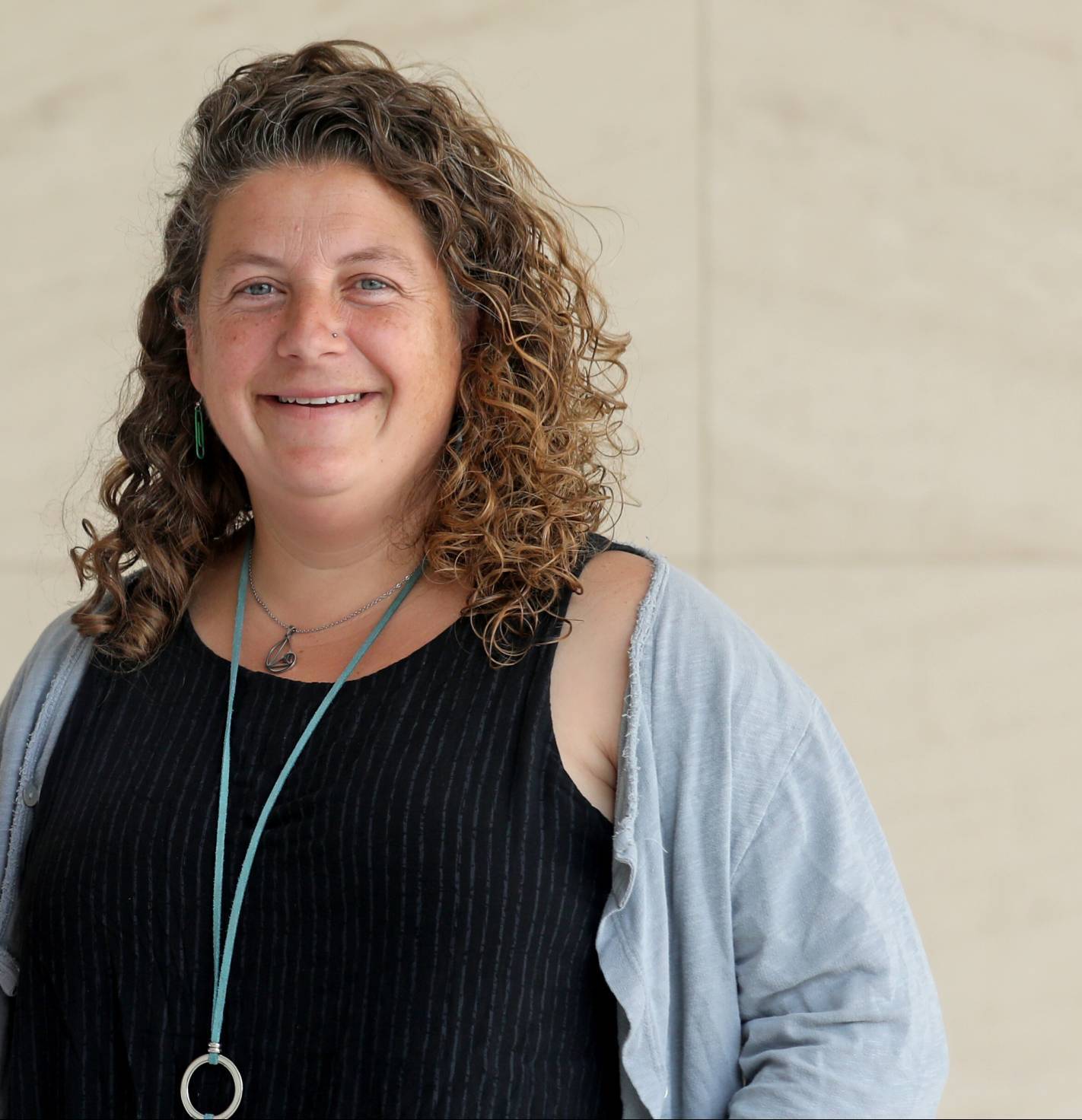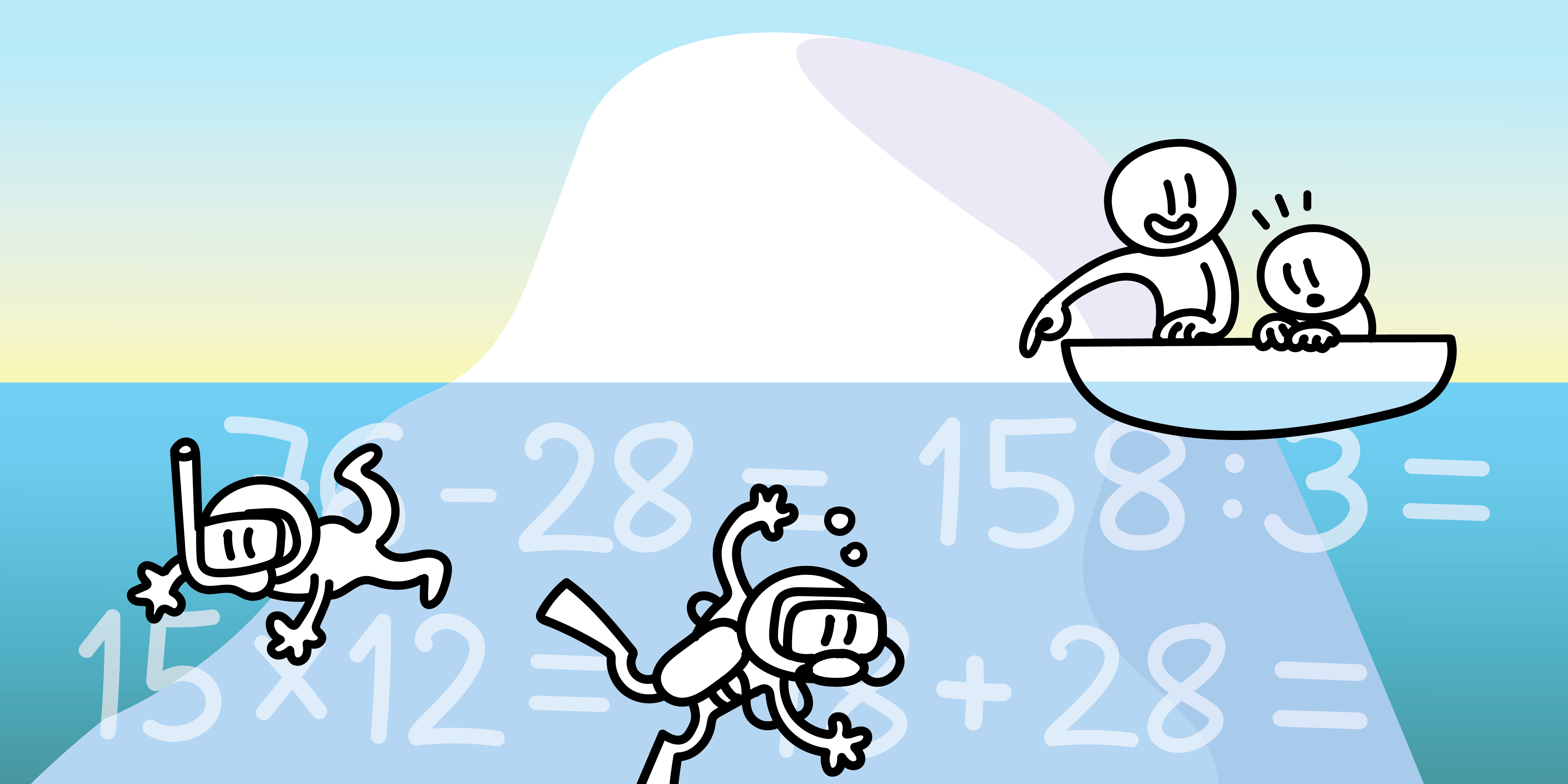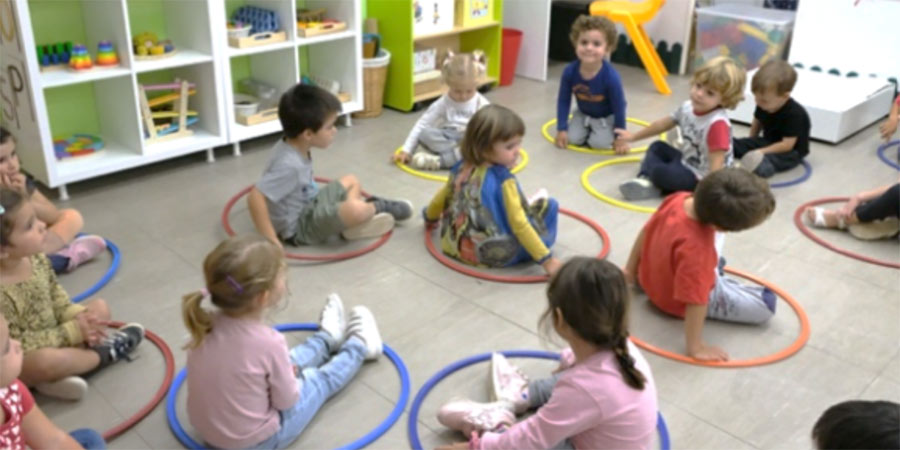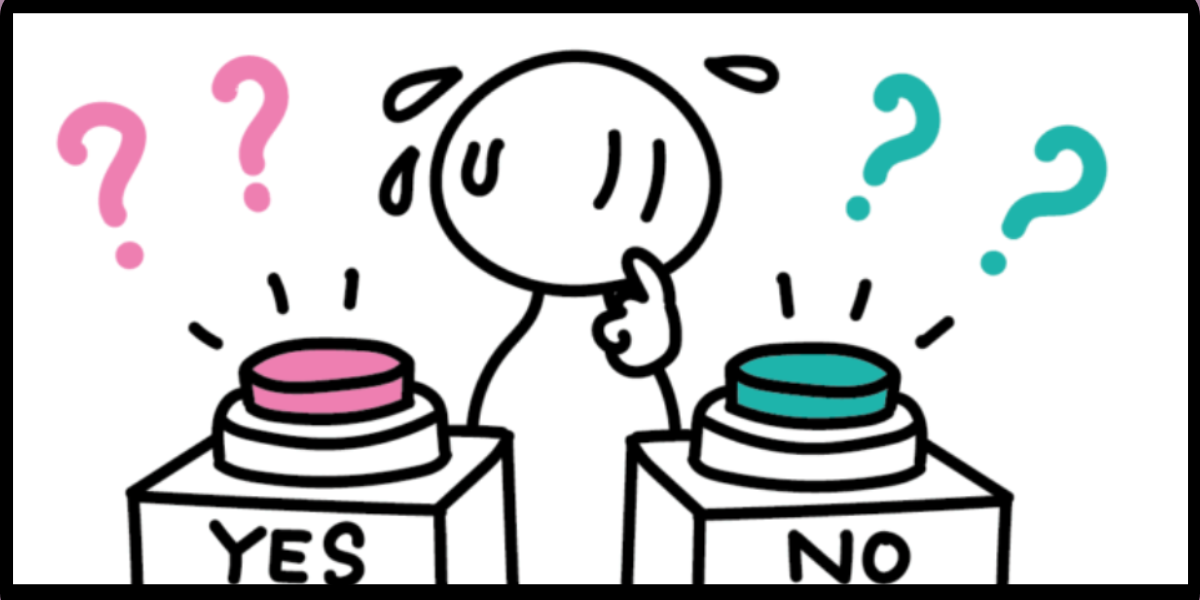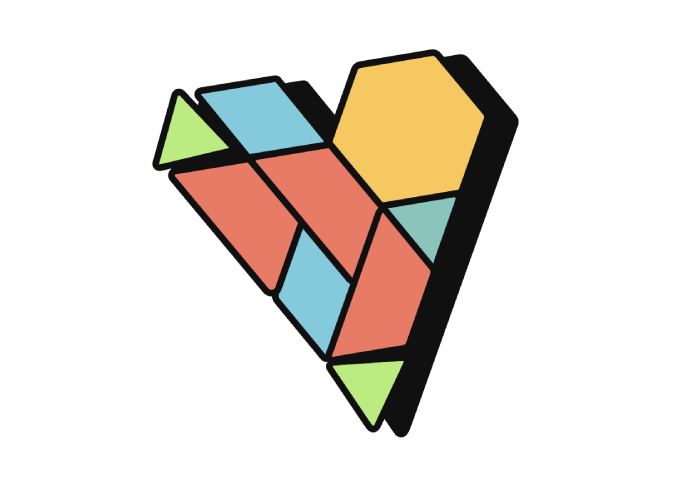“We haven’t learned this yet.” Remember going to class and being asked about an operation you hadn’t worked on yet?
– 7 x 8, what is the answer? 😉.
– Oh! We haven’t covered this in class yet, we are on the 5 times table… 😅
Well, actually, we could have found the answer. We could have figured it out! We were learning the multiplication tables in an automatic, memory-based way. Like learning the names of rivers or past monarchs.
We did not go a step further, we did not understand, for example, that the 4 times table is twice the 2 times table; or that, if 3 x 5 is 15, the result of 3 x 6, is only adding 15 + 3, that is, 3 x 6 = 18. And there is a wide range of strategies you can use to find the results of many simple multiplications!
At Innovamat, we encourage students to discover the strategies that work best for them when working out results. Therefore, we spend much of our time developing knowledge with manipulatives, conversation and discovery. Only when we have developed and consolidated knowledge will we move on to practice and systematization.
This way, we succeed in getting students to think of mathematics as a challenge, as an enigma that needs to be solved. And now, instead of being told: “We haven’t covered this yet,” and accepting it, we encourage students to respond by saying: “Wait, I don’t know, but if you let me think about it for a while, I think I can figure it out!”
What is a week in math class with Innovamat like?
As you know, Innovamat is not a teaching method. Each teacher organizes and structures their math class in whatever way they think best considering their specific context. Innovamat provides teachers with tools so that they can carry out their task: to guide students in their learning and in developing mathematical knowledge.
But, for example, if students do 4 hours of math per week, we suggest spending most of the time (3 hours) on conversation, experimentation and representation. We recommend dedicating only one hour to digital practice in elementary and middle school; and 15 minutes in kindergarten. We encourage this way of learning mathematics because it is focused on working out, discovery and the challenge of problem-solving:
- Conversation, allows us to create an atmosphere of debate in the classroom, where different strategies and solutions are presented and discussed.
- Experimentation, helps us to understand complex concepts practically and to lay the foundations for moving on to abstraction.
- Representation, allows us to practice the procedures using the logbooks once we have already discovered the concepts and assimilated them.
- Digital practice, allows the exercises to be differentiated, in other words, adapted to the level of each student. It also offers personalized assessment reports, detecting which concepts need to be reinforced and which have been fully achieved in class.
Why do we do digital practice in the classroom?
At Innovamat, we consider digital practice to be another tool to help encourage more personal learning. One of our objectives is that teachers have the necessary tools to be able to offer personalized learning to each of their students and to be able to monitor their progress in a personal way.
To this end, we suggest that, for a few minutes a week, students use the adaptive app to practice and consolidate the content they have learned in class through manipulatives, experimentation and representation. Depending on the results obtained by the student in the different activities, the algorithm selects specific exercises, automatically adapting the level to the student’s progress. Those of us who have been teaching for years know that it is very difficult to achieve this level of personalization in learning. It is very difficult to be able to offer differentiated activities for each individual student when managing a class of 25 or 30 students, and it is impossible to observe and collect evidence on how each student completes the activities. This way, each student can work on the concepts they need to reinforce, and go into more depth for those they have already mastered. In kindergarten, we advise that this practice should take up 15 minutes per week. While for elementary and middle school, we recommend 45 minutes per week.
In addition, digital practice allows us to compile the results of each student in reports sent directly to the teacher. This way, the teacher can see the progress of each student almost continuously and detect which areas need reinforcement. As teachers, this information is essential to see how we can help our students build and learn mathematical knowledge. Not only that, the reports also give teachers an overall picture of the learning progress of the whole class.


The teacher as a guide
The role of the teacher is fundamental in helping students learn and develop their math skills. Teachers are guides that help construct mathematical knowledge through manipulatives, experimentation and practice. Technology can complement and enrich the learning experience and assist the teacher in the classroom. But in no way will it replace the irreplaceable work of teachers.
Mathematics can become an exciting adventure. And it is the teachers who are in charge of awakening curiosity in students by inspiring and empowering them to approach mathematics with confidence and enthusiasm.


